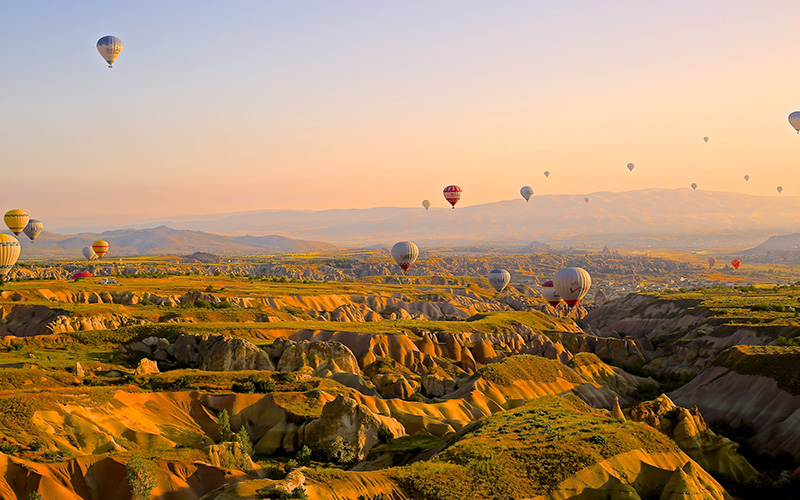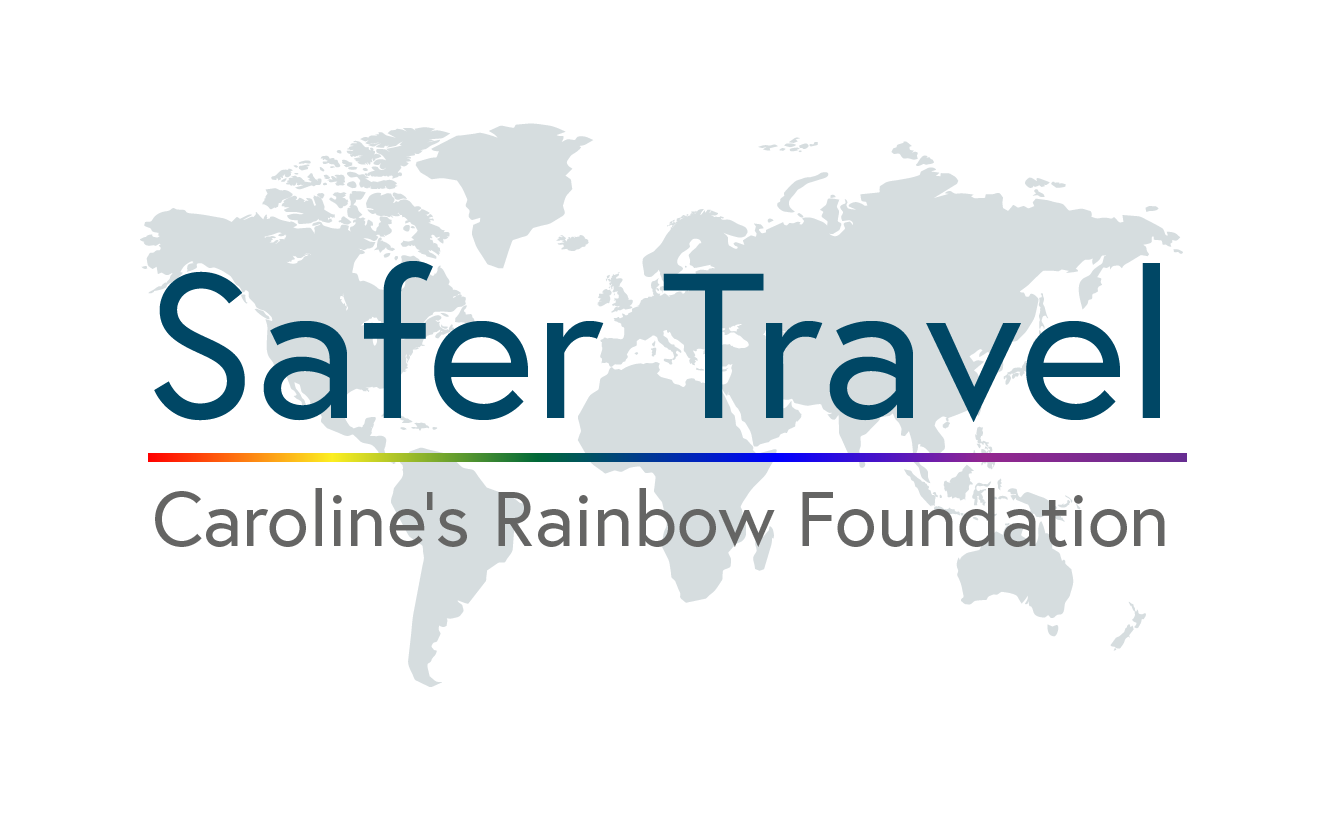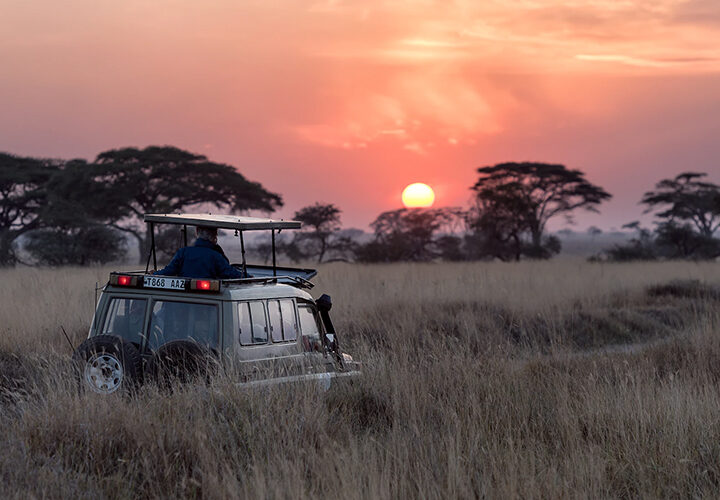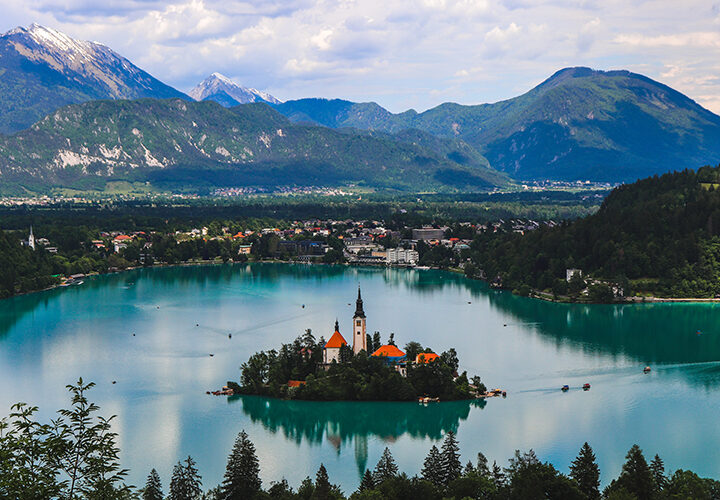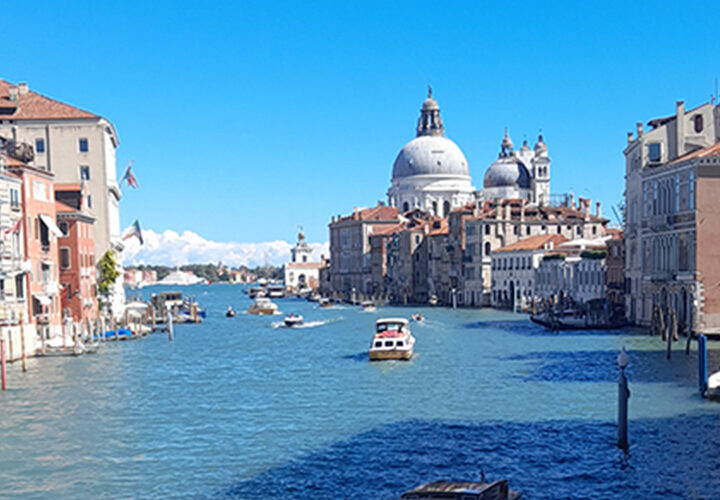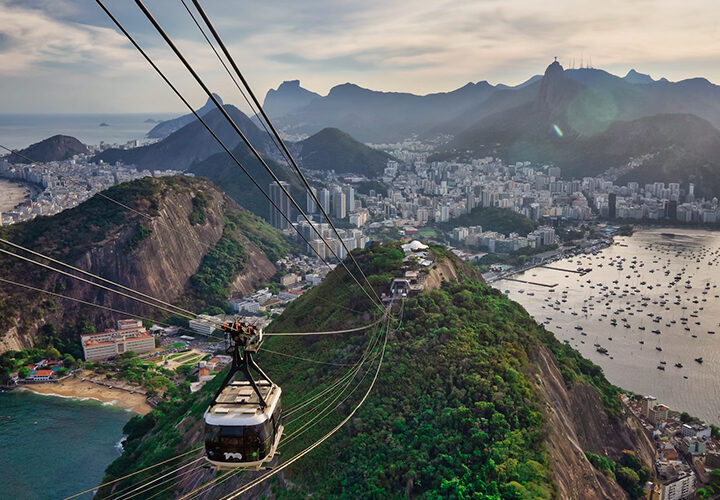Applying the Knowledge, Awareness and Response Framework to Your Mental Health
Caroline’s Rainbow Foundation has been working to educate travellers on the importance of travel safety for nearly 20 years. We have been asked many times what the main areas you need to consider are when reducing your risk. In response to that, we have developed the K.A.R safety system.
Knowledge – research is key, the more you know the better prepared you are.
Awareness – be aware in the right moments and listen to your intuition.
Response – your response can change the outcome of a situation.
We have proposed a hypothetical scenario using the K.A.R principles and applied them where your mental health may be at risk.
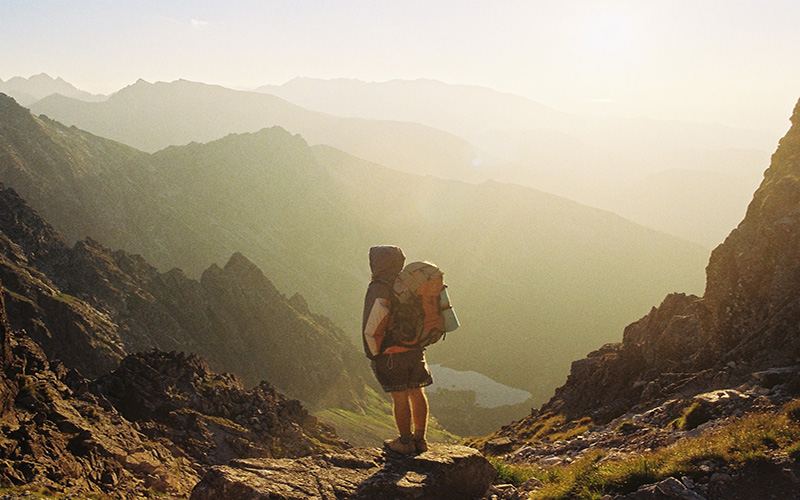
Before you embark on your adventures, it is vital that you do as much research about your destinations beforehand as possible. This includes everything from areas to avoid to even what the weather will be like, so you know what kind of clothes to pack. Our website covers every topic you will need to know about, so make sure to check if your destination is on there, and if it isn’t, use the topics we have as a framework for your own research.
One of the most important bits of research you can do before your trip is getting the emergency contact details of your local consulate. If you ring them and explain that you have lost your passport, they can issue you an emergency travel document that is valid for a specific journey in order for you to get home.
You and a friend have just gotten back to your hostel after a couple of days hiking in the mountains. It was a wonderful adventure; you got amazing photos and have great shared memories. You are both incredibly tired and glad to be back in some form of comfort. You’re getting cleaned up, next to you is a pile of dirty washing and muddy boots. Emptying your bag and grabbing your washbag from your backpack, you clean up and both head out for a bite to eat. As you chat over dinner, you think back to rummaging through your backpack and realise you don’t remember seeing your passport.
That’s strange, you think. You could have sworn it was in there before you left. Better have a good look when you get back to the hostel. You still have a few days before your flight home. After searching through the rest of your belongings, you realise that it’s not amongst any of them either.
Knowledge
Okay, don’t panic you think to yourself. You’ve got time to sort this and get a replacement. Through the research you did before your trip, you know that if you can’t get a replacement, you will be able to get an emergency travel document from the embassy to get you home, then you can sort out your passport once you’re back in the UK.
Awareness
Once you’re sure that you’ve checked everywhere, and it is definitely lost, keep calm and ring up the embassy straight away and explain what’s happened. The small town that you’re staying in doesn’t have a consulate – the closest one is about a 40-minute drive away in one of the bigger cities.
If you think it might have been stolen, contact the police and get them to issue a police report within 24 hours. Make sure to take note of the crime reference number as well, as you will need this when applying for your emergency travel document. When you’re at the embassy, they will require you to fill out an LSO1 form. This form has all the details about you, your stolen passport and the police report.
Response
Even though you’ve got a few days, act quickly. There’s no point waiting just in case the process takes a while – better safe than sorry! After you have visited the embassy the only other thing you can do is wait for your new documents. It normally doesn’t take more than a day, but you have a backup plan of emergency documents if the passport doesn’t arrive in time.
Know that you have done all that you can, and you will be able to get home safety. You won’t have to change the rest of your travel plans. Don’t let this experience ruin the rest of your holiday.
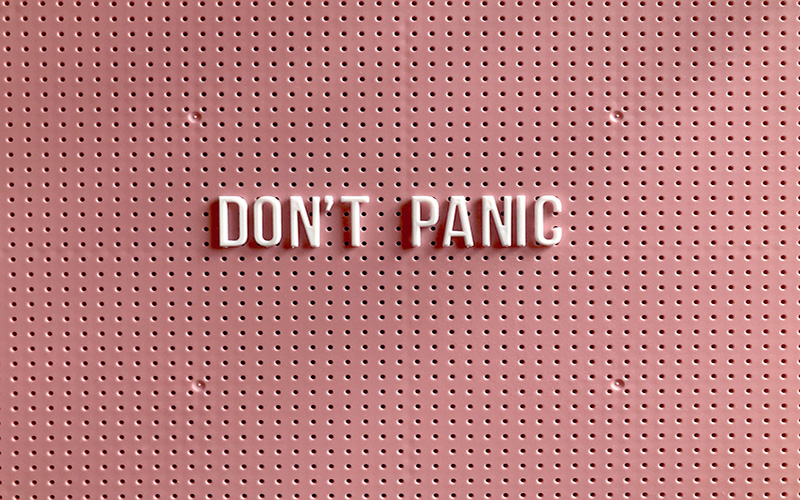
It is vital that you understand the importance of K.A.R. The unexpected can happen at any time when you are travelling – not all adventures run smoothly. Having the information you need, knowing what to do at the right time and acting quickly and efficiently will ensure that your problems are solved, your risk levels remain low and safety is maintained. Also, and importantly the experience doesn’t leave a lasting negative memory on your travelling experience.
In Summary
It is vital that you understand the importance of K.A.R. The unexpected can happen at any time when you are travelling – not all adventures run smoothly. Having the information you need, knowing what to do at the right time and acting quickly and efficiently will ensure that your problems are solved, your risk levels remain low and safety is maintained. Also, and importantly the experience doesn’t leave a lasting negative memory on your travelling experience.
Awareness
The best two ways to be aware of your mental health is to learn about what your triggers are and also know what relaxes you. If you know these things, then you can potentially avoid harmful situations before they happen, and if they do happen then you have ways to calm yourself down.
Learn about what makes you relax – things like music, meditation or certain activities can help ground you if things are getting a bit too much. If you are travelling with companions, let them know if you are starting to get overwhelmed so they can help you if necessary. Keeping a diary to record your feelings or simply to keep track of what you get up to on your journey can be a good way to possibly identify any symptoms or causes of your discomfort.
Response
So, even though you’ve reached the airport and have lost your passport somewhere, you have used K.A.R to keep yourself calm and respond in the correct manner. Travelling can be very unpredictable – anything can happen at any given time and it is impossible to be prepared for everything. One thing that has personally helped me is by trying to keep some sort of routine. It is hard to keep any form of routine whilst travelling – you’re in a completely new environment surrounded by all new people and culture. However, there are certain things you can do to bring a little bit of structure to your adventures:
- Get as consistent a sleep routine as possible – more sleep isn’t always better for you, so try and sleep for the same amount of time each night, around 6-8 hours is considered normal.
- If you have a late night and don’t get much sleep, try to make up for it by going to bed slightly early the next night instead of sleeping in the morning after.
- Have consistent meal times and try to keep a balanced diet. Not only will this help you physically, but it will also keep your stomach regular. This might seem silly, but needing the toilet somewhere you can’t go makes everyone anxious.
- If you choose to smoke or drink, make sure you only do so in moderation. Whilst they might make you feel good initially, the lasting effects of these substances can have a negative impact on your mental health, such as making you more anxious or stressed.
Another great way to improve your mental health is to try to take at least have one day a week to yourself and focus on doing only what makes you happy. For example, if you love nature try to spend at least one day a week exploring some of the local walking spots or nature reserves.
To Conclude
We hope that this blog has given you some useful tips to help keep on top of your mental health whilst abroad. When you’re in a completely new environment, it can be easy to get caught up in everything that’s going on and not take a moment to stop and assess how you’re feeling about things.
Make sure to visit our website www.safertravel.org to visit our ever-expanding range of city and country guides to help you prepare for your travels. Keep up to date with us on Facebook, LinkedIn and Instagram.
Written by Joe Corfield.
